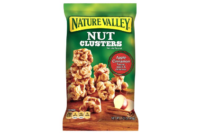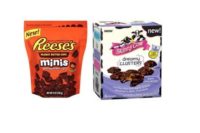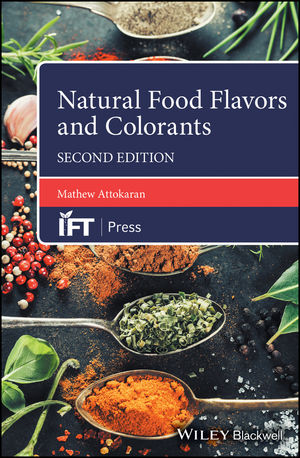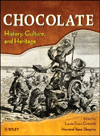What does ‘natural’ really mean, anyway?

 In the food world, the word “natural” is bandied about too often, with no meaning behind it. This year, the word leads a list of those that should be banned from labeling and marketing programs as they relate to manufactured products. “Natural,” “made with” and “whole grains” have made the Leanwashing Index’s 2013 list of food marketing words that should be banished to the land of deceptive descriptions.
In the food world, the word “natural” is bandied about too often, with no meaning behind it. This year, the word leads a list of those that should be banned from labeling and marketing programs as they relate to manufactured products. “Natural,” “made with” and “whole grains” have made the Leanwashing Index’s 2013 list of food marketing words that should be banished to the land of deceptive descriptions.
According to an article in the Orlando Sentinel, the list was inspired by the appearance of “superfood” on Lake Superior State University’s 38th annual List of Words to be banished. The top five Leanwashing Terms of the Year have all appeared in ads posted by consumers in 2012 on LeanwashingIndex.com, a free, consumer-driven educational tool that allows people to post and rate food advertising. The Leanwashing Index calls on food marketers everywhere to immediately cease using the following:
Natural: The word has no nutritional or legal definition, yet appears on millions of packages, including sugar-laden sodas, states the article. I couldn’t agree more with getting rid of it on packaging, even if it’s just promotional copy.
Made with: Food products are allowed to advertise that they are “made with” everything under the sun, even if the sun’s contents occupy less than 1% of the final product. “Made with” should be ignored, unless food consumers read the entire ingredients label to make sure what they’re looking to buy isn’t also “made with” tons of fat, sodium, sugar and unpronounceable chemicals.
Whole grains: Unless “whole grains” is preceded by 100%, look out. Even traces of grains can prompt the claim, and it’s especially devious to list this when paired with the other banished phrase, “made with.”
Light: Is 24 g. of sugar in a small yogurt container really “light?” This is almost as bad as “natural.” Don’t let advertisers hypnotize you with this word. Read the nutritional information to really determine if a product is truly “light.”
100-calorie: Cookies, chips and other processed snacks are often marketed in 100-calorie packages, and some of them are truly that low in calories. Others, however, can lead consumers into thinking that what’s inside is also better-for-you, which many are not. Those packages could be labeled “empty calorie.”
EnviroMedia launched the Leanwashing Index in 2012 with input from a panel of advisers representing public health, academia and the food marketing industry. Bravo, Leanwashing Index! Food manufacturers and marketers need to pay attention to the copy they’re using to label their packaging. Most of them do, and we appreciate that. Thanks. But woe to those who don’t.
Looking for a reprint of this article?
From high-res PDFs to custom plaques, order your copy today!









